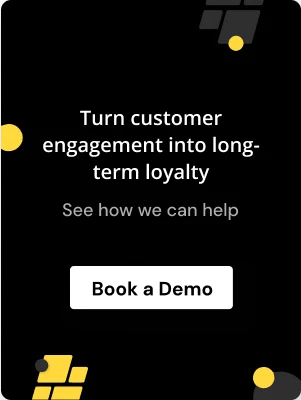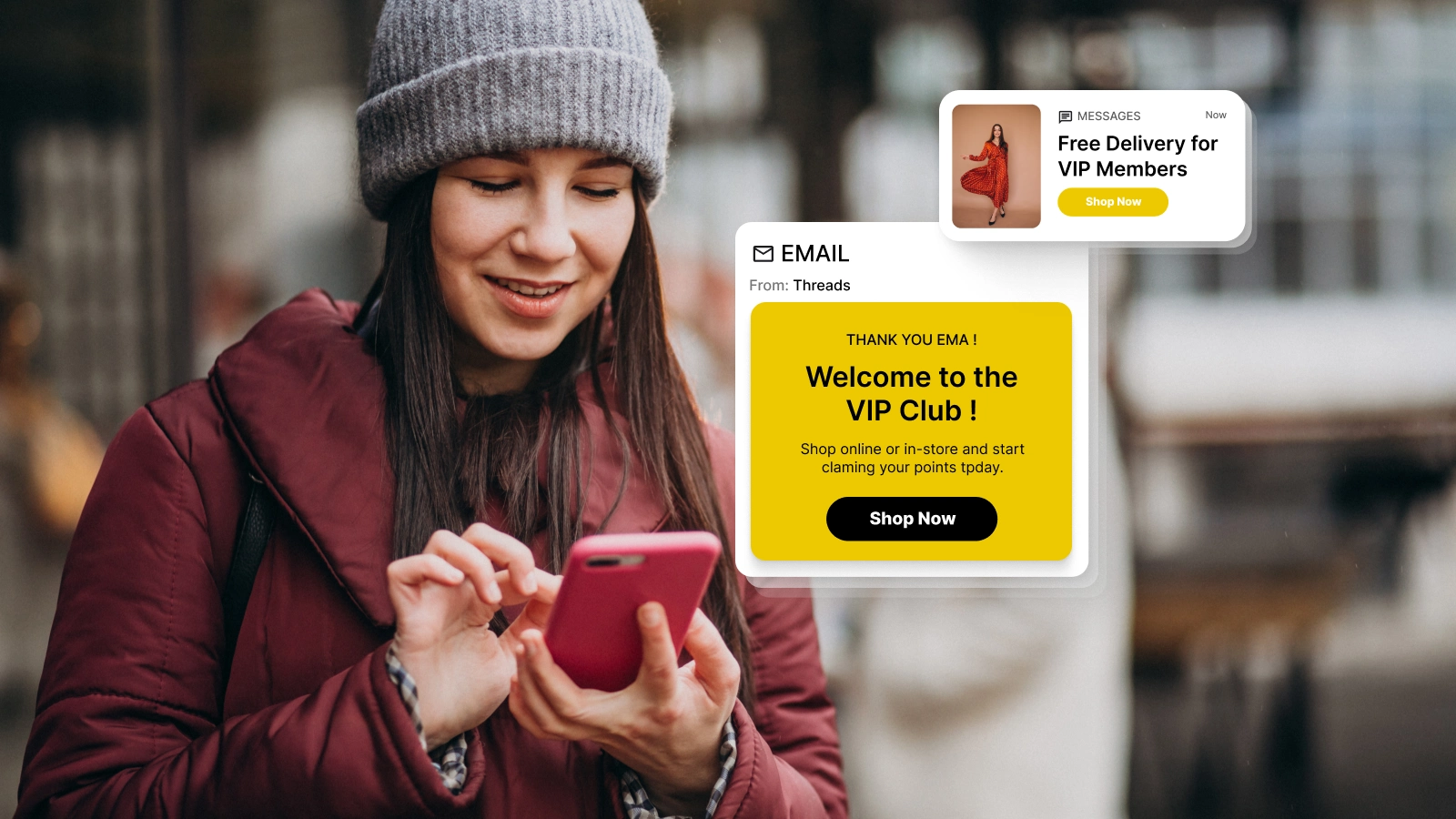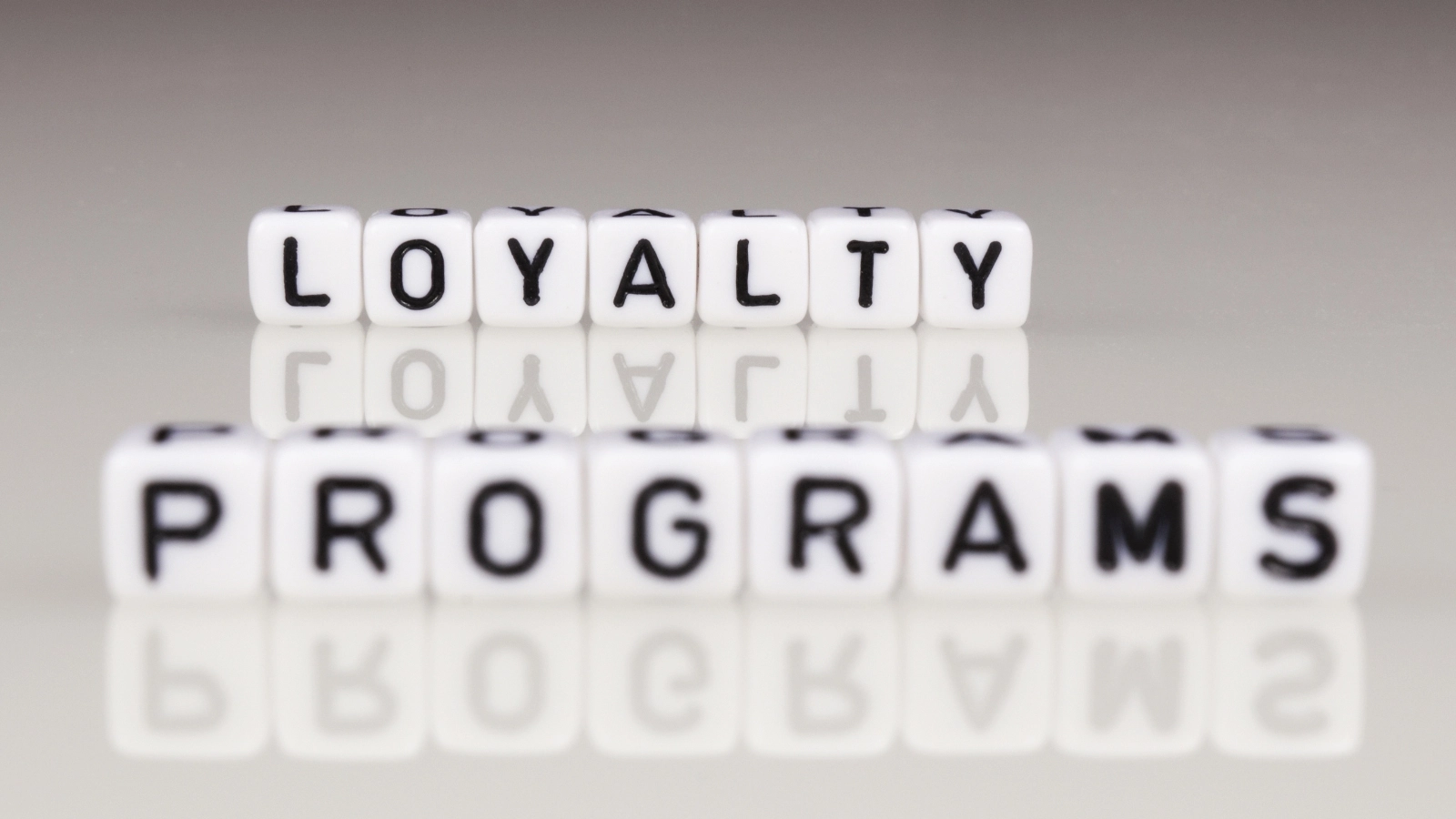.avif)
.avif)
Introduction
In today's competitive business landscape, customer loyalty is more valuable than ever. But what exactly is a customer loyalty program, and how can it benefit your business? This beginner's guide will walk you through the basics of loyalty programs, their importance, and how they can transform your customer relationships.
What is a Customer Loyalty Program?
A customer loyalty program is a marketing strategy designed to encourage customers to continue buying from or engaging with a brand. It rewards repeat customers with incentives like discounts, free products, or exclusive perks. The primary goal of a loyalty program is to increase customer retention and foster long-term relationships.

Key Components of a Loyalty Program
- Rewards: The incentives offered to customers for their continued patronage.
- Points System: A method of tracking customer engagement and purchases.
- Tiers: Levels of membership that offer increasing benefits.
- Personalization: Tailored offers based on customer preferences and behavior.
- Easy Redemption: A straightforward process for customers to claim their rewards.

Types of Loyalty Programs
1. Points-Based Programs
Customers earn points for purchases, which can be redeemed for rewards.
Example: Alaska Airlines Mileage Plan
2. Tiered Programs
Customers progress through levels, unlocking better benefits as they go.
Example: Sephora Beauty Insider
3. Value-Based Programs
Rewards are tied to customer actions or values, not just purchases.
Example: Starbucks Rewards
4. Paid Programs
Customers pay a fee for exclusive benefits and savings.
Example: AdiClub by Adidas
5. Coalition Programs
Multiple businesses participate in a single loyalty program.
Example: Scene+
Did You Know?
Research by Accenture revealed that members of loyalty programs generate 12-18% more revenue for retailers than non-members.
Why Are Loyalty Programs Important?
- Customer Retention: Loyal customers are more likely to make repeat purchases.
- Increased Revenue: Repeat customers often spend more over time.
- Data Collection: Loyalty programs provide valuable insights into customer behavior.
- Brand Advocacy: Satisfied loyal customers can become brand ambassadors.
- Competitive Advantage: A strong loyalty program like nector.io can set you apart from competitors.
.avif)
How to Create an Effective Loyalty Program
- Define Clear Objectives: Determine what you want to achieve with your program.
- Know Your Audience: Understand what motivates your customers.
- Choose the Right Type: Select a program structure that aligns with your business model.
- Make it Easy to Use: Ensure the program is simple to understand and participate in.
- Offer Valuable Rewards: Provide incentives that your customers want.
- Promote Your Program: Market your loyalty program effectively to encourage participation.
- Monitor and Adjust: Regularly analyze program performance and make improvements.

Top 5 Key Benefits of Integrating a Loyalty Program with Shopify
- Easy Setup: Shopify supports loyalty integrations with apps like Nector, Smile io, and Yotpo.
- Customer Insights: Access robust data on customer spending and engagement.
- Marketing Automation: Trigger reward emails and push notifications based on behaviors.
- Seamless Checkout Integration: Reward points and tiers sync with checkout and POS.
- Custom Branding: Design loyalty interfaces that match your store’s identity.
Read: Why Loyalty Programs Are Key to Scaling Your Shopify DTC Store in 2025
Conclusion
Customer loyalty programs are powerful tools for businesses looking to build lasting relationships with their customers. By offering valuable rewards and creating a personalized experience, you can increase customer retention, boost revenue, and gain valuable insights into your customer base. As you begin your journey into loyalty marketing, remember that the most successful programs are those that truly understand and cater to their customers' needs and preferences.
Ready to take your customer relationships to the next level? Explore how a well-designed loyalty program can transform your business and create a community of devoted brand advocates. here
FAQs
1. What is a customer loyalty program?
A system that rewards repeat customers with perks like discounts, free items, or access to exclusive experiences.
2. What is the importance of customer loyalty programs?
They drive retention, increase revenue, and foster strong customer relationships.
What is the definition of a customer loyalty program?
A marketing approach to incentivize repeat behavior by offering rewards to returning customers.
What is a customer loyalty system?
It includes the software and strategies that manage your loyalty program—tracking points, tiers, and redemptions.
How does a loyalty program work with Shopify?
With apps like Nector, loyalty systems sync with your customer database, checkout, and marketing tools.
Start Building Customer Retention That Lasts


.avif)






